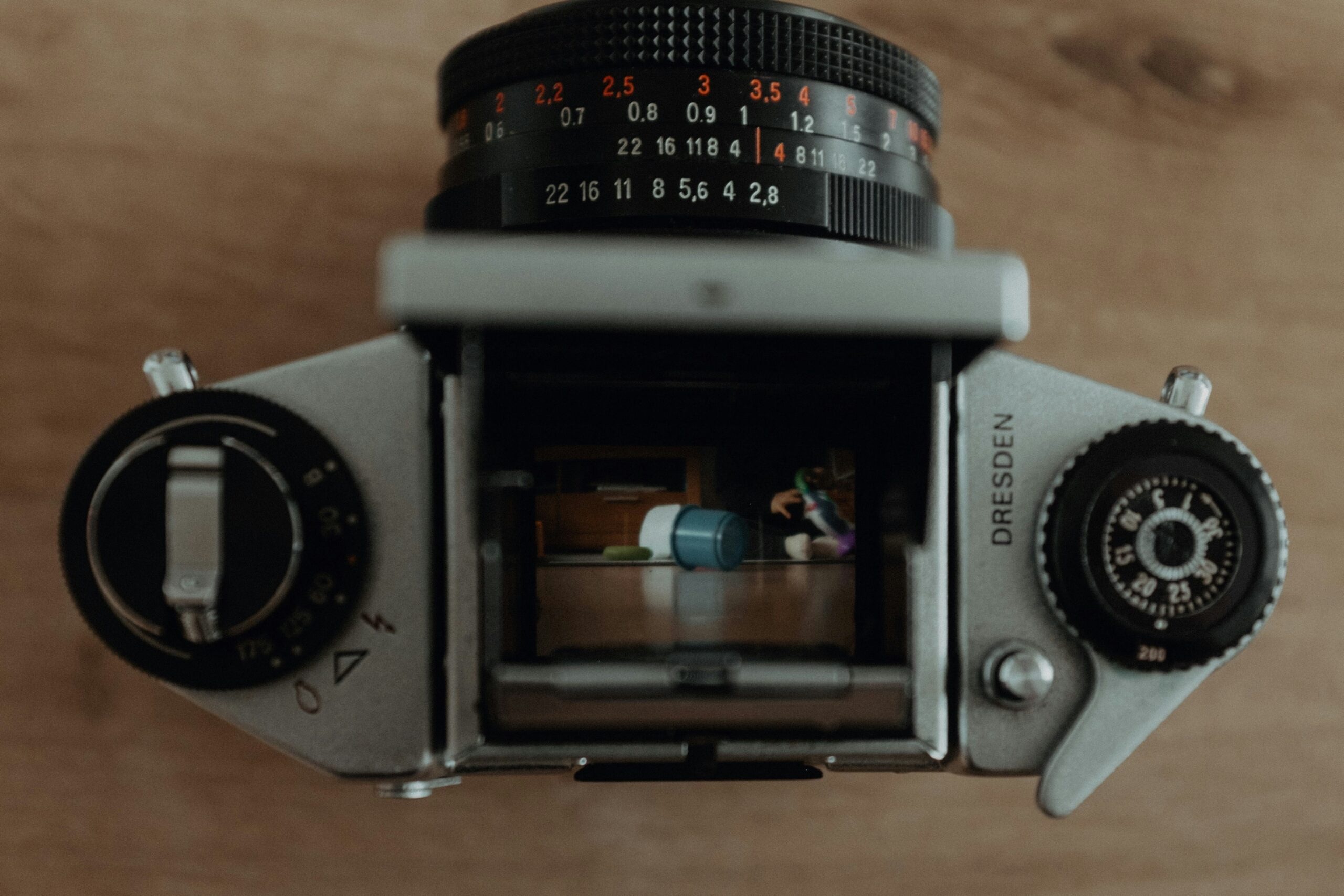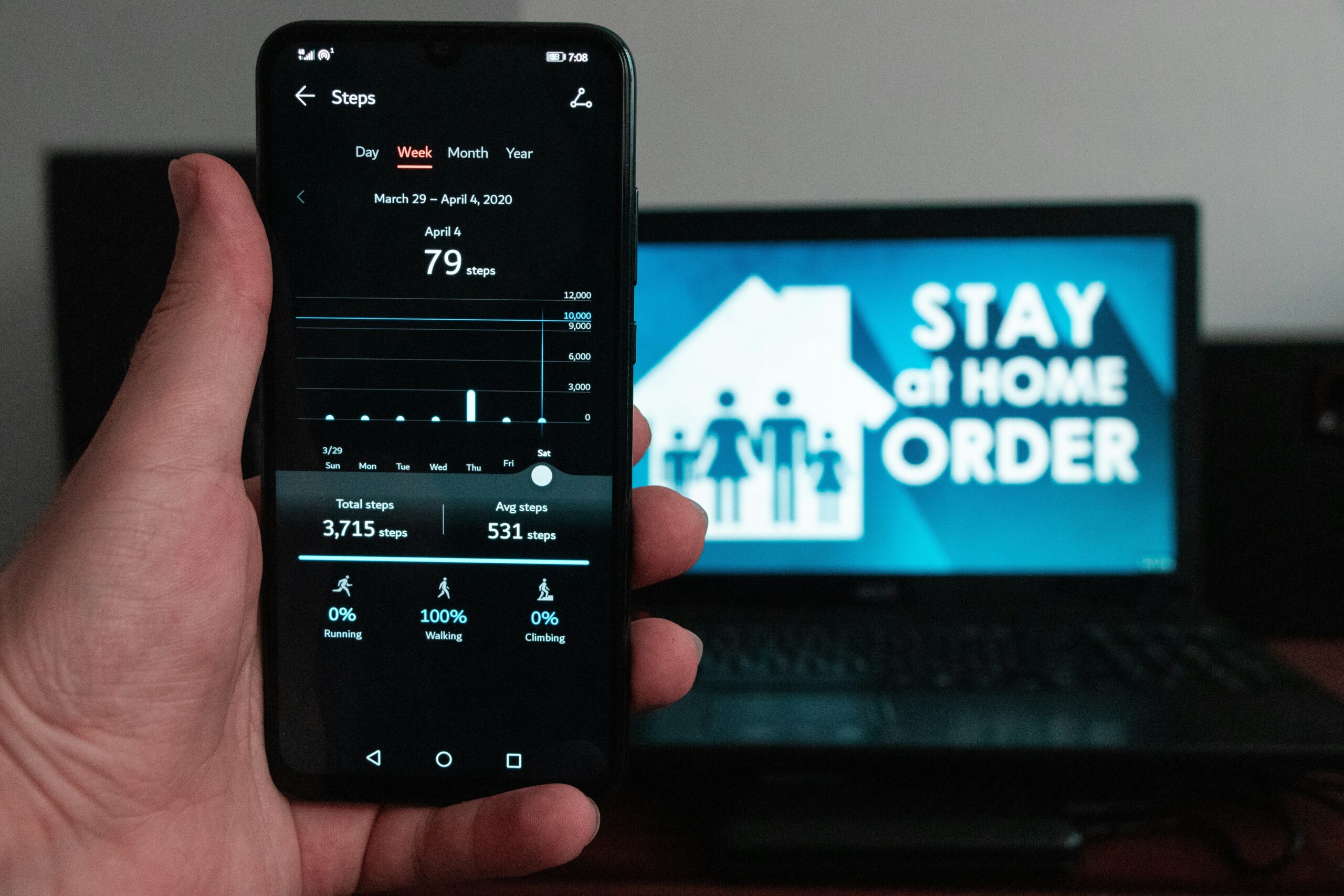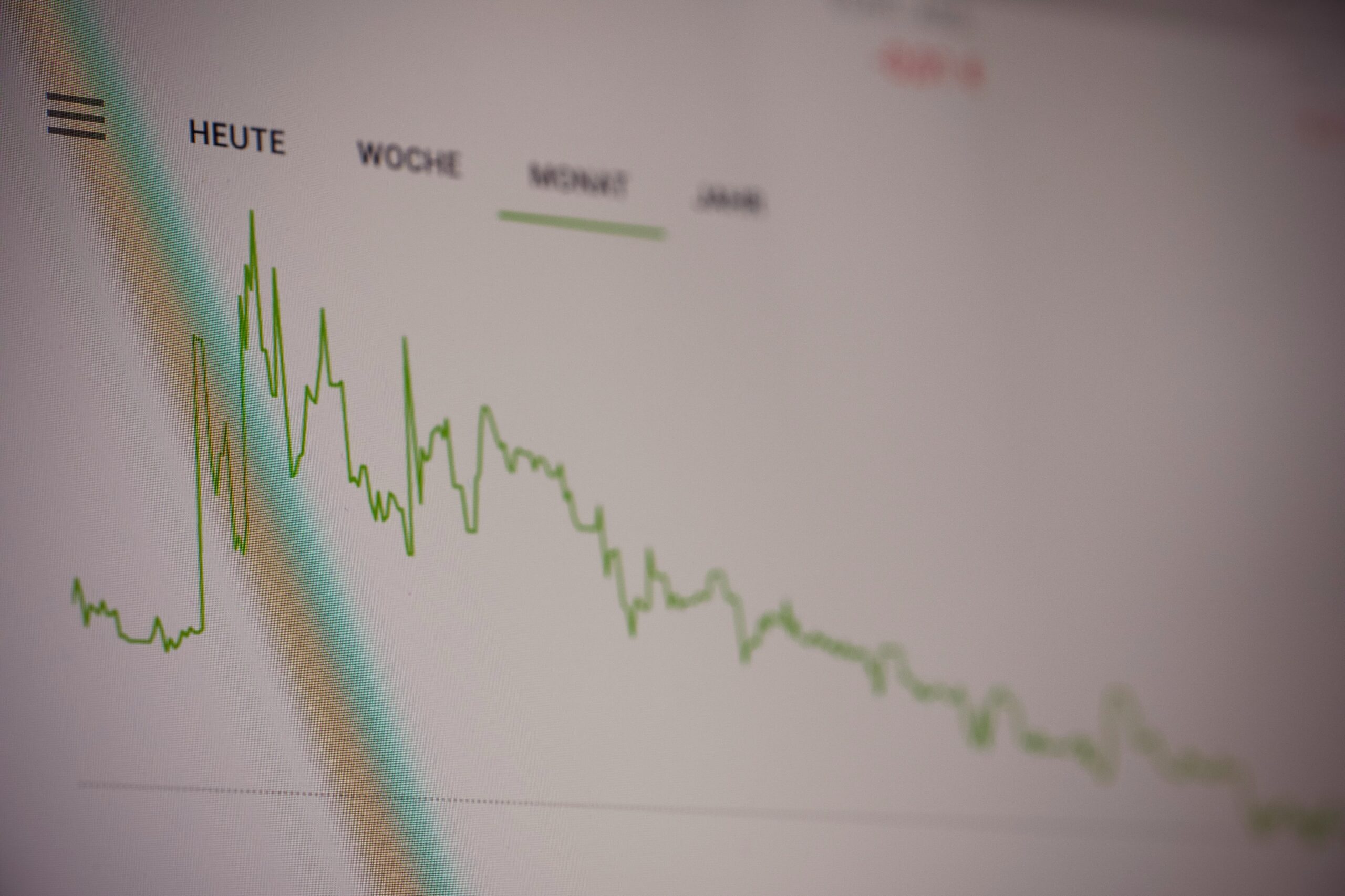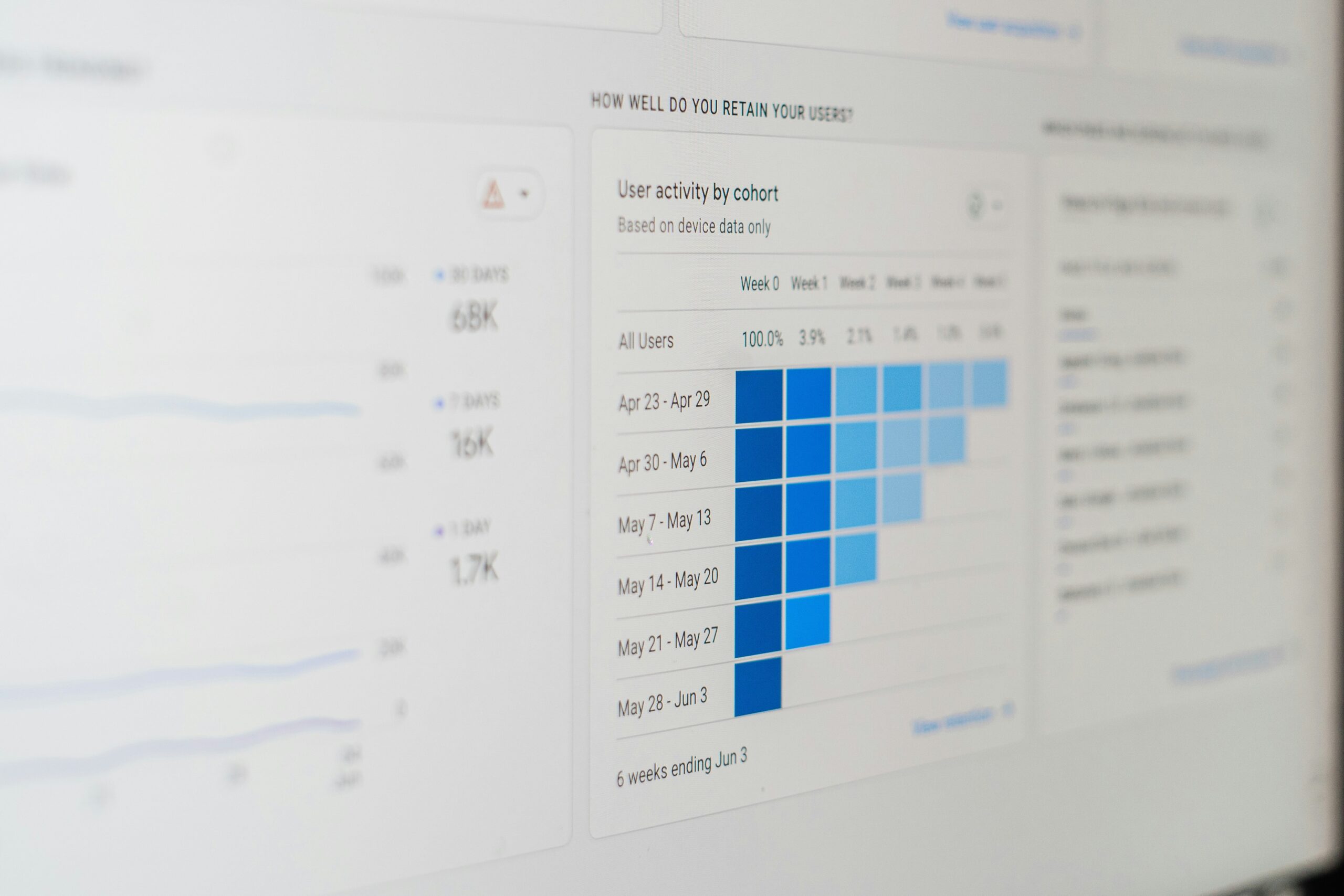Ever stared at your to-do list, feeling overwhelmed and unsure where to start? You’re not alone. In our hyper-connected world, success isn’t just about getting things done—it’s about doing the right things. That’s where “Future Success Metrics” come in: a smarter way to measure what truly matters for productivity and well-being.
In this article, we’ll explore how planning apps can help you track and optimize these metrics effectively. By the end, you’ll know exactly which tools to use, how to implement them, and why they could be your biggest ally in achieving balance. Let’s dive in!
Table of Contents
- Key Takeaways
- The Struggle with Traditional Planning Methods
- Step-by-Step Guide to Mastering Future Success Metrics
- Tips and Best Practices for Using Planning Apps
- Real-Life Examples of Success Through Apps
- Frequently Asked Questions About Planning Apps
- Conclusion
Key Takeaways
- Future Success Metrics focus on long-term goals, mental health, and sustainable productivity.
- Planning apps are essential tools that integrate goal-setting, time management, and habit tracking.
- Choosing the right app tailored to your specific needs is critical for sustained success.
- Success stories show measurable improvements in both efficiency and personal satisfaction.
The Struggle with Traditional Planning Methods
I once spent an entire Sunday creating a color-coded planner filled with tasks, only to realize mid-week that I hadn’t accomplished half of what I’d planned. Does this sound familiar?

Traditional planning often falls short because it focuses only on immediate tasks rather than aligning actions with overarching life goals—a recipe for burnout. But here’s the kicker: What if there was a better way to plan—not just for today but for your future self?
Pain Points Amplified by Stressful Living
Did you know that 67% of people experience increased stress due to poor work-life balance? The modern hustle culture makes us prioritize quick wins over meaningful progress. Spoiler alert: This doesn’t lead to lasting happiness or fulfillment.
“Optimist You:” “Surely, there must be an app for that!”
“Grumpy You:” “Ugh, fine—but only if coffee’s involved.”
Step-by-Step Guide to Mastering Future Success Metrics
Step 1: Define Your Future Success Metrics
Forget generic resolutions like “get fit.” Instead, think bigger: How will being healthier impact your career, relationships, or creativity five years from now? Start with questions like:
- What does my ideal day look like in three years?
- Which habits will support those aspirations?
Step 2: Choose the Right App for Long-Term Tracking
There are countless planning apps out there, but not all align with Future Success Metrics. Look for features like goal visualization, habit streaks, and mindfulness reminders. A few top contenders include:
- Notion: Ideal for building custom workflows (e.g., combining journaling, task lists, and vision boards).
- Habitica: Gamifies productivity so it feels less like work and more like fun.
- Calm: Perfect for integrating mindfulness practices into your routine.

Step 3: Align Daily Actions with Bigger Goals
Rather than cramming every hour with activities, break down weekly milestones into manageable daily steps. For instance, if one of your Future Success Metrics is improving work-life balance, carve out no-email zones after 7 PM or schedule weekly family dinners without fail.
Pro Tip:
This strategy is chef’s kiss for drowning algorithms—don’t overload yourself; instead, let technology nudge you toward consistency.
Tips and Best Practices for Using Planning Apps
- Be Realistic: Don’t plan for perfection; account for rest days and setbacks. Remember, sustainability > intensity.
- Gamify Progress: Many apps offer rewards systems—use them! Turning productivity into a game transforms dread into dopamine.
- Review Regularly: Block off time each week to reflect on what worked, what didn’t, and adjust accordingly.
Note: Avoid apps cluttered with unnecessary features—they’ll distract you faster than a shiny object in a toddler’s toy box.
Real-Life Examples of Success Through Apps
Take Sarah, a marketing manager whose stress levels soared until she adopted Notion for her workflow. Within months, not only did her productivity skyrocket, but she also reported better sleep thanks to structured breaks built into her planner.

Frequently Asked Questions About Planning Apps
Are planning apps worth the investment?
Absolutely. While some free options exist, premium apps often provide advanced analytics and integrations that save time and energy.
How do I avoid becoming too dependent on apps?
Balance is key. Use apps as guides, not crutches. Periodically disconnect to reconnect with intuitive decision-making.
What’s one terrible tip everyone gets wrong?
Loading up multiple apps simultaneously. Overcomplicating your system defeats its purpose. Stick to ONE core tool.
Do planning apps actually improve mental health?
They can—when used mindfully. Habit trackers reduce decision fatigue while mindfulness apps curb anxiety spikes. Just don’t obsess over data!
Conclusion
Tracking Future Success Metrics through planning apps combines cutting-edge tech with age-old wisdom: Know thyself. As you embark on this journey, embrace imperfection and celebrate small wins along the way.
And remember, staying consistent is crucial—for example, your SEO efforts need daily care, much like a Tamagotchi (RIP Virtual Pets era).
To wrap it up:
Future dreams require thought Daily steps build steady growth Plan wisely—app prospers.


